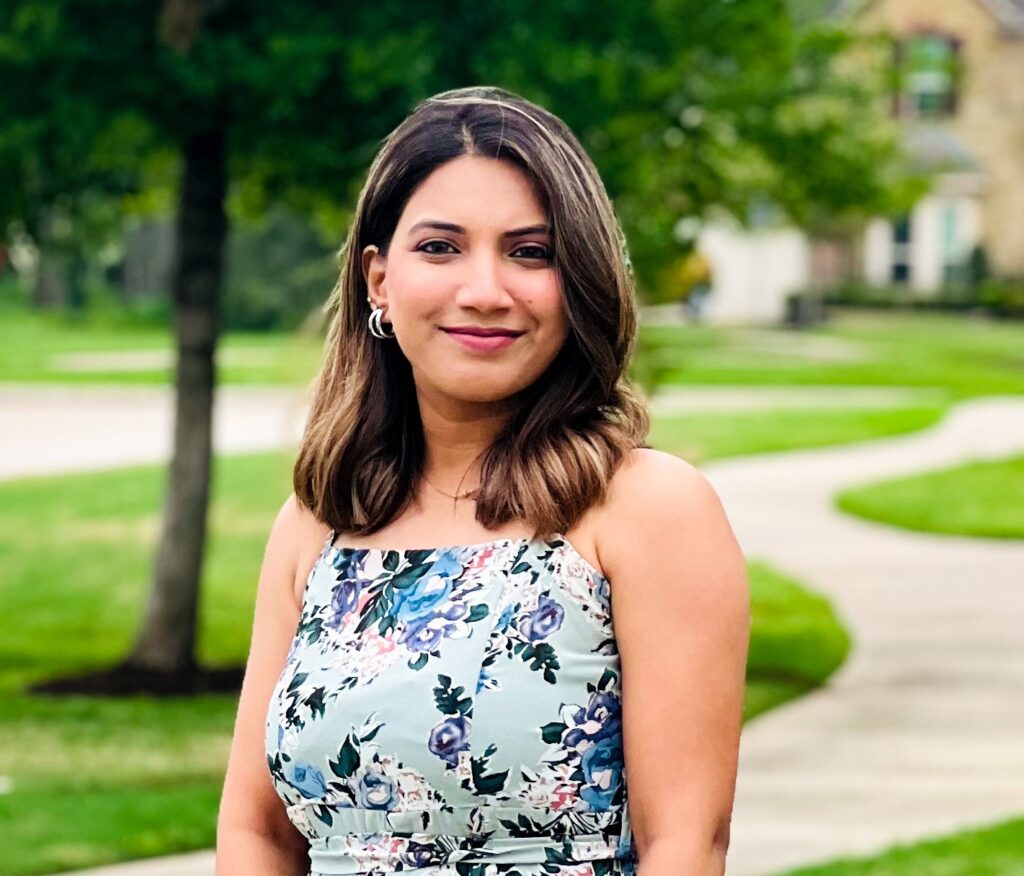The Global Health Delivery Project
Our mission is to improve the health of people everywhere by supporting clinicians at the frontlines to make better decisions and deliver value-based health care using proven approaches and evidence.
Brigham and Women’s Hospital
Division of Global Health Equity
75 Francis Street
Boston, MA 02115
Putting People at the Center: An Interview with Banafsha Ali

Banafsha is a Mental Health Research Lead at PHC Global in Karachi, Pakistan.
What do you do? What is the biggest challenge you face in your work?
I design, adapt, and lead mental health programs. I have primarily contributed to suicide prevention, youth well-being, behavioral change, humanitarian response, and community engagement and resilience. The hardest part is knowing that even when someone chooses hope over despair, the systems around them remain fragile. I aim to close the gap between need and access at both the individual and systems levels.
Why did you apply to GHDI?
I saw GHDI as an opportunity to build the leadership and implementation skills needed to understand the intricacies of global health and translate experiences into strategies that influence policy, strengthen systems, and create sustainable change.
What work have you been most proud of in your career and what is something that you still wish to accomplish?
Witnessing behavioral change and impact on the ground has been the most fulfilling part of my work. Looking ahead, I aim to take these community-driven successes to scale by strengthening systems to ensure that mental health and preventive care are no longer afterthoughts but are embedded within public health priorities. I also want to support others in adapting and replicating these models in different countries and contexts so we can create change on a global level.
What would you say to someone just starting out in healthcare in your country?
Be ready to navigate complexity and uncertainty because healthcare is never straightforward. This field demands empathy, persistence, and the ability to work across sectors. Constraints will always exist, but instead of being discouraged, use them as opportunities to innovate.
What impact do you think GHDI will have on your career? What is your advice to someone thinking about applying to the program?
GHDI equipped me to understand how policy, program design, implementation, and community realities intersect. It gave me clarity on how things work, or don’t, and why. It helped me think more structurally and critically about embedding community needs, system constraints, and behavioral insights into health programs, which directly strengthens my work in mental health systems. My advice to prospective applicants is to come with an open mind; the program’s greatest value lies in its diverse mentors and peers who push you to think bigger and design programs that are truly community-responsive and contextualized.
What continues to fuel your inspiration and drive your work?
I have lived through my own struggles, so I know how essential it is to have safe and supportive spaces. That’s what inspired me to create them for others. Stories from individuals and communities remind me why all of this work matters and keep pushing me forward. I remain determined to turn urgency into action and work hard every day. Most importantly, my greatest strength has been my family and friends, whose constant support and belief in me have fueled my work and helped me overcome day-to-day barriers.